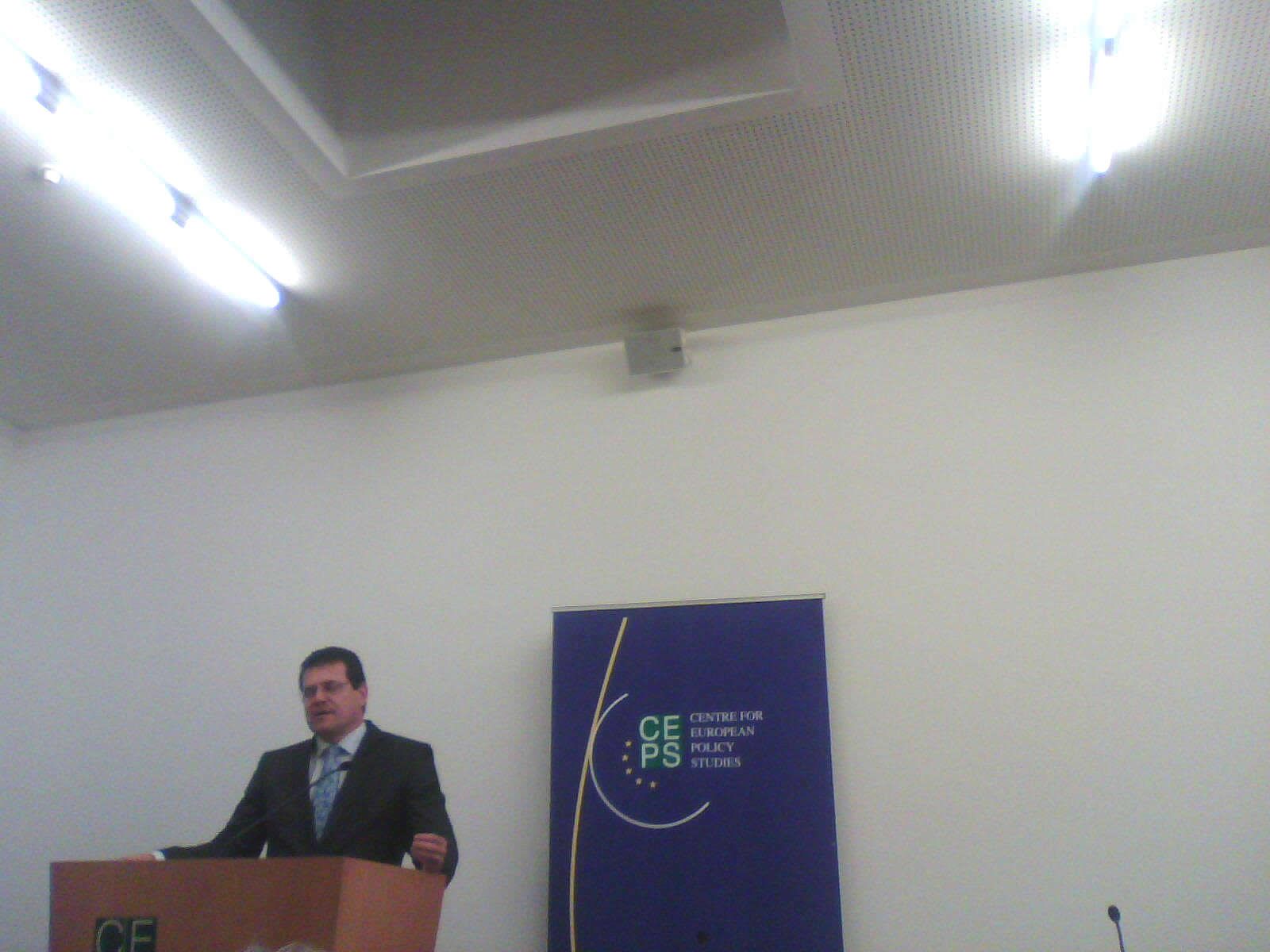
"Treaty change is not a quick solution to the current crisis"
The Lisbon Treaty has powerful tools in many of the key areas that it set out to address: enhanced democratic legitimacy; improved efficiency and capacity to act; and stronger, more coordinated external action. But the last two years have also demonstrated that improvements do not follow automatically from institutional and legal change. They depend on political will and leadership to implement effectively what has been agreed.
